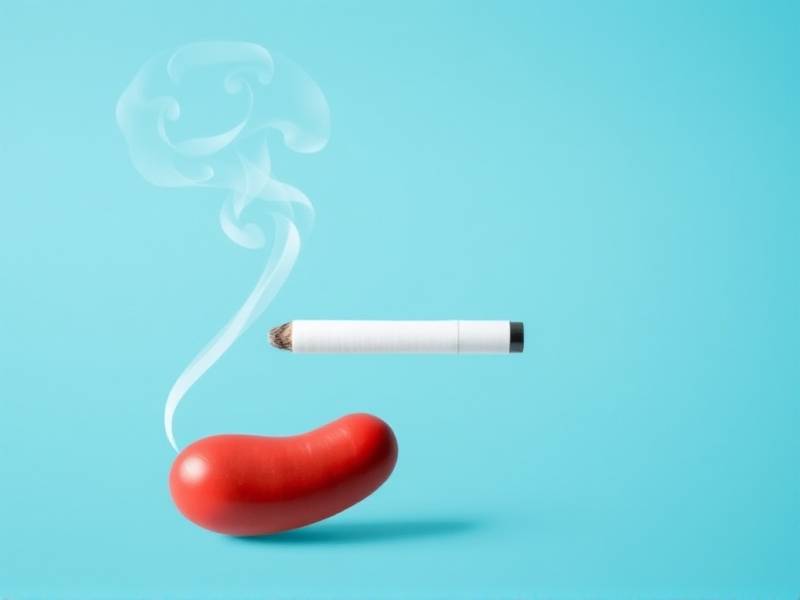How Much Does Quitting Smoking Really Lower Cholesterol?
The Importance of Understanding Cholesterol Levels
Cholesterol is a crucial component of our body, but it's the levels that matter. High cholesterol can lead to serious health conditions like heart disease and stroke. As such, many individuals are turning to smoking cessation as a way to improve their health. But how much does quitting smoking actually lower cholesterol? Let's dive into the details.
What is Cholesterol?
Cholesterol is a type of fat found in your blood. Your body needs it to produce hormones and vitamin D, but too much can lead to health problems. There are two main types of cholesterol: low-density lipoprotein (LDL) or "bad" cholesterol and high-density lipoprotein (HDL) or "good" cholesterol.
How Smoking Affects Cholesterol
Smoking has been linked to higher levels of bad cholesterol and lower levels of good cholesterol. This imbalance increases the risk of heart disease and stroke. When you quit smoking, your body begins to repair some of the damage caused by the habit.

The Impact of Quitting Smoking on Cholesterol
Research shows that within just 20 minutes after quitting smoking, your heart rate and blood pressure start to drop. Within 12 hours, carbon monoxide levels in your blood return to normal, increasing oxygen flow to your heart. Over time, these changes can have a significant impact on your cholesterol levels.
Immediate Benefits
- Within days: Your HDL (good) cholesterol starts to rise.
- Within weeks: Your risk for heart disease begins to decrease.
- Within months: Your chances of having a heart attack or stroke decrease further.
Long-Term Benefits
- Within one year: Your risk for coronary heart disease is cut in half.
- Within five years: Your risk for cancer of the mouth, throat, esophagus, and bladder decreases significantly.
- Within 10 years: Your risk for lung cancer decreases by half.
How Much Can Quitting Smoking Lower Cholesterol?
The exact amount varies from person to person. However, studies show that within two years after quitting smoking, your HDL (good) cholesterol can increase by up to 15%. Additionally, your total cholesterol level may decrease by up to 10%.
Conclusion
Quitting smoking can have a significant impact on your cholesterol levels and overall health. While the exact amount may vary from person to person, it's clear that quitting smoking is an important step towards improving your cardiovascular health. So if you're considering quitting smoking for better health, know that it could be one of the best decisions you ever make for yourself.
Remember, if you're struggling with quitting smoking or need more information on how it affects your health, consult with a healthcare professional who can provide personalized advice and support throughout your journey towards a healthier lifestyle.

